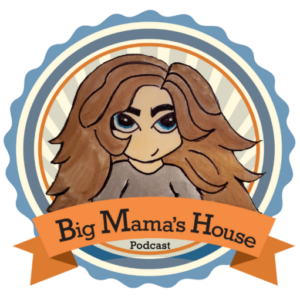Jesse Weinberger, Internet Safety Speaker was interviewed for a CNN internet safety piece presented in part by Sprint.
We need teen guests on the podcast!
Big Mama’s House Podcast is a podcast for teens hosted by Jesse Weinberger - Internet Safety Speaker for schools and students.
Teens who share their story (completely anonymously*) could be helping someone else going through the same issues. Whether it's general life pressure, school stuff, mental health concerns, tech related drama - we want to hear it, and so does our audience.
*NOTE: Any appearance on the audio-only podcast is completely anonymous. We will give you a different name/location for the interview. All interviews are recorded - even if you accidentally reveal personal details during the recording, we will remove them in post-production. We're *super* concerned about your privacy, and will NEVER reveal any of your personal details.
If you're at least 13-years-old and would like to be on the podcast, fill out the form below.
By submitting this form, you are consenting to receive marketing emails from: Jesse Weinberger. You can revoke your consent to receive emails at any time by using the SafeUnsubscribe® link, found at the bottom of every email. Emails are serviced by Constant Contact
What can we ALL do to reduce device time? (Parents too!) Strategies to reduce phone pickups via using Do Not Disturb and using gamification (kids v parents) to see who can use their devices for the least amount of time. We also debate the usefulness of Apple Watches (Big Mama is NOT convinced).
If you’re sick of getting yelled at about your phone use, but your parents are doing the same things, this episode will give you some strategies in how you can confront your parents (in a good way) about your THEIR device overuse. Also: download the Teen Family Contract to give to your parents.
